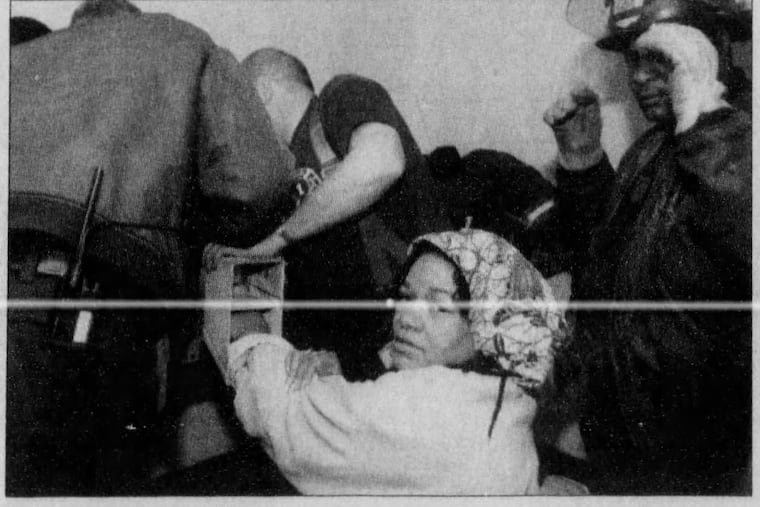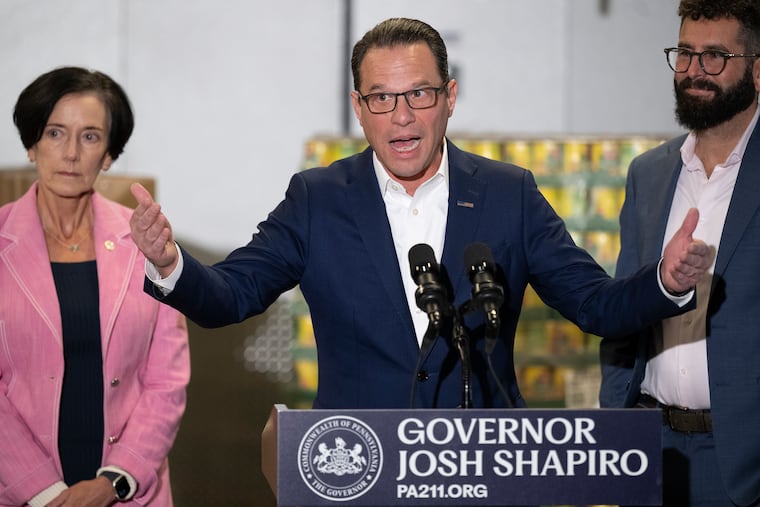Tariffs may threaten Halloween and Christmas sales in 2025, raising concerns among small-business owners in the Philadelphia area.
In South Jersey, the impact of heightened tariffs on Chinese imports is being keenly felt by local businesses. Robert Berman, owner of Rasta Imposta, regularly checks updates on U.S.-China tariff policies, a habit developed since former President Donald Trump’s implementation of increased tariffs on a variety of imports, including those integral to his business, which has provided costumes, hats, and props for over three decades.
As of recent reports, tariffs on such goods have surged to 145%. Berman’s company, which is currently storing approximately million worth of upcoming Halloween costumes in a factory in China, faces significant challenges. Key wholesale clients are opting to delay their orders, leaving the business in a state of uncertainty regarding future sales and cost structure.
Berman’s concerns were heightened this week when Walmart indicated a potential reduction in orders to a level that would render Rasta Imposta unprofitable. Although a spokesperson for Walmart later clarified that no orders had been canceled, the apprehensions regarding profitability in light of the current tariff environment remain palpable within the small business community.
The potential for these tariffs to persist presents dire implications for small enterprises. Berman fears that continued high tariffs may force his company out of business, as prices for products could double. His remarks underscore a broader anxiety felt across the retail sector, where consumers are likely to balk at inflated prices, opting for less expensive alternatives instead.
Trump has suggested that tariffs could be significantly reduced, but specifics surrounding timing and magnitude remain vague. The uncertainty surrounding tariffs has already precipitated economic turmoil, volatility in markets, and a general sense of insecurity within the business community.
Particularly vulnerable are seasonal businesses that rely on timely imports for holiday sales. Nearly 87% of Christmas decorations in the U.S. come from Chinese manufacturers, and the Halloween and Costume Association reported that high tariffs threaten to derail crucial sales periods.
As fears mount among retailers, business leaders like Derek Gould from Orman Inc., a century-old holiday decor importer, express grave concerns that current conditions could lead to operational shutdowns if relief does not materialize.
The dialogue around tariffs includes pleas for government intervention to support small businesses confronting unprecedented challenges. Lawmakers, including South Jersey Senator Andy Kim, are being called upon to advocate for measures that could help organizations like those of the Bermans.
The precarious nature of the current economic landscape illustrates the complex interplay between trade policy and local business viability, raising questions about the future of industries that have extensively relied on manufacturing overseas amidst shifting geopolitical landscapes. The path forward for businesses like Rasta Imposta will depend on both the domestic political climate and the evolving conditions of international trade agreements.







